Vietnam’s rapid shift to electric motorcycles and new petrol bike bans threaten Honda’s dominance as VinFast gains momentum.

Subscribe to our Telegram channel for instant updates!
Honda’s long-running dominance in Vietnam’s motorcycle market is being tested as the government accelerates its push toward electric mobility.
A new directive from Prime Minister Pham Minh Chinh, issued in July, will ban petrol-powered motorcycles from Hanoi’s city centre within 12 months and expand the restriction citywide from 2028. The move, aimed at cutting air pollution, has unsettled traditional manufacturers led by Honda, which controls more than 80% of Vietnam’s two-wheeler market.
Industry sources say Honda and other motorcycle makers have written to authorities warning that the transition is happening too quickly. The concern is understandable: Honda’s sales in Vietnam fell 22% in August compared with July, and were down 13% year-on-year, following the announcement of the new policy.
Meanwhile, local electric vehicle (EV) producer VinFast stands to benefit from the government’s pro-EV stance. According to a September survey by market research firm Asia Plus, 54% of respondents in Vietnam’s two largest cities plan to buy an electric motorcycle next, while only 24% intend to stick with petrol models.
In Hanoi, the figure rises to 60%, highlighting how public opinion is aligning with government policy. The same survey showed that 50% of participants would still consider a Honda, but 32% are now leaning toward VinFast, a strong showing for the local brand.
Vietnam’s motorcycle market is worth an estimated US$4.6 billion in 2025 and could reach US$6 billion by 2030, according to Mordor Intelligence. Honda sold 2.6 million motorcycles in 2024, while VinFast delivered 71,000 electric units, still a fraction of Honda’s total, but steadily rising.
The Ministry of Transport has defended the new rules, saying they are vital to tackle urban smog and promote clean transport.
Honda, the world’s largest motorcycle maker, has begun offering electric models, though its EV sales in Vietnam remain unclear. For now, its challenge will be to adapt quickly to a market that is changing faster than ever and one where local brands are gaining traction.



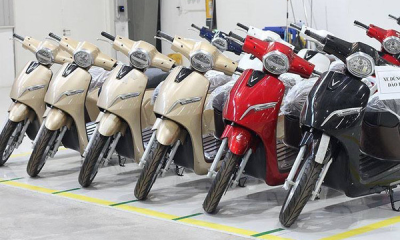
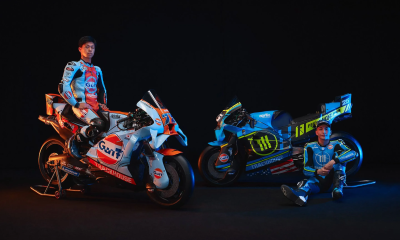




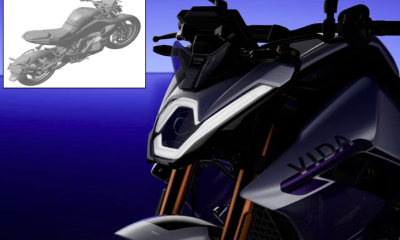

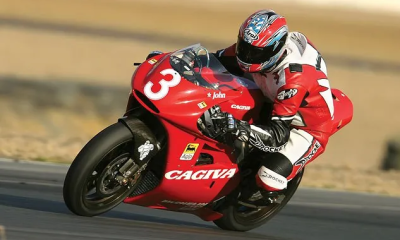

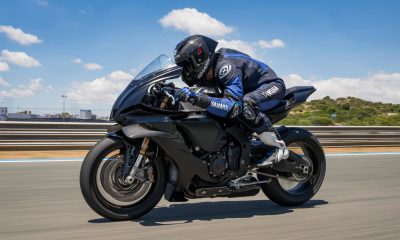

















Facebook
Instagram
X (Twitter)
YouTube
LinkedIn
RSS